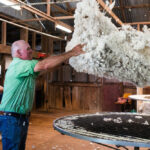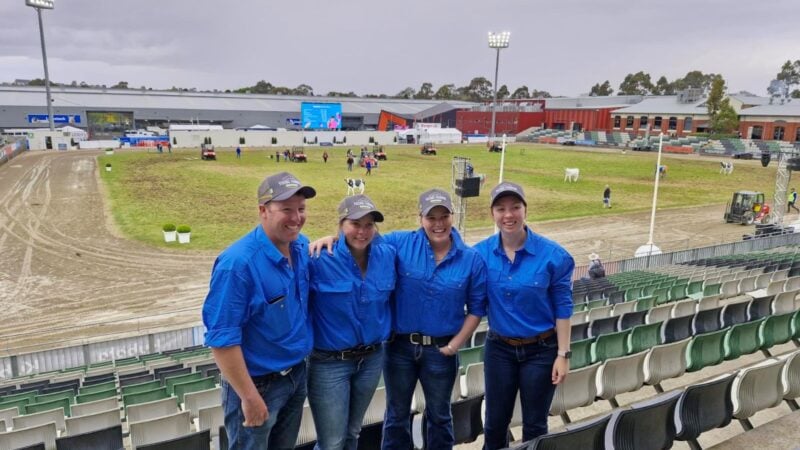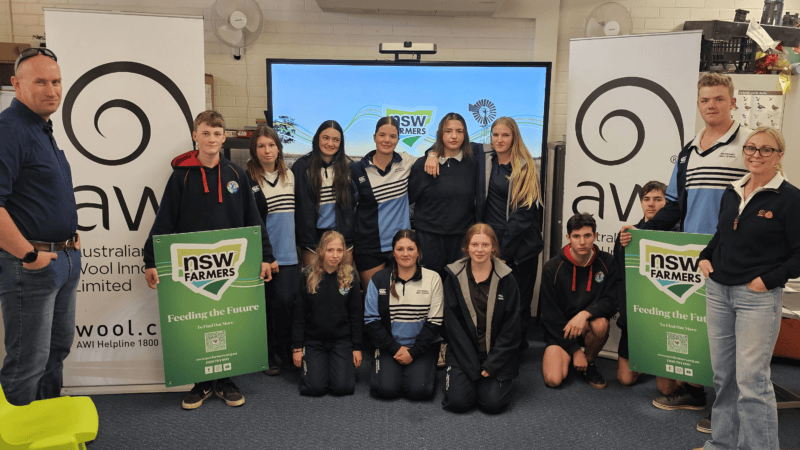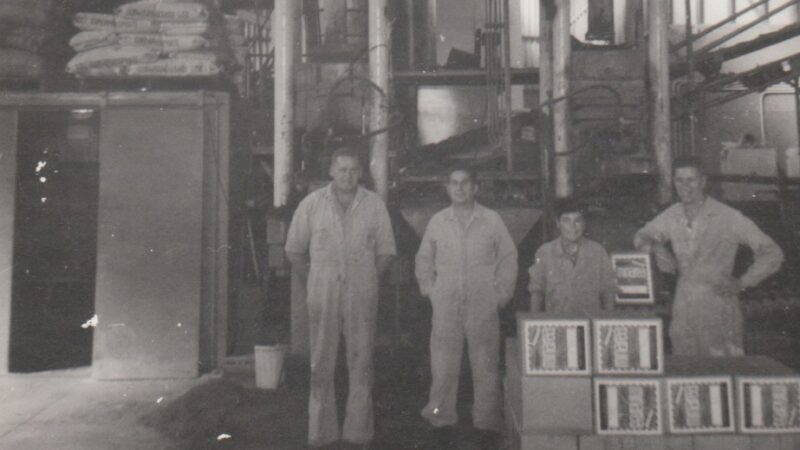Gilgandra farmer Angus Beveridge has helped coordinate the delivery of almost 400 Merino wethers to…
A dose of Men�s Health Month at the saleyards
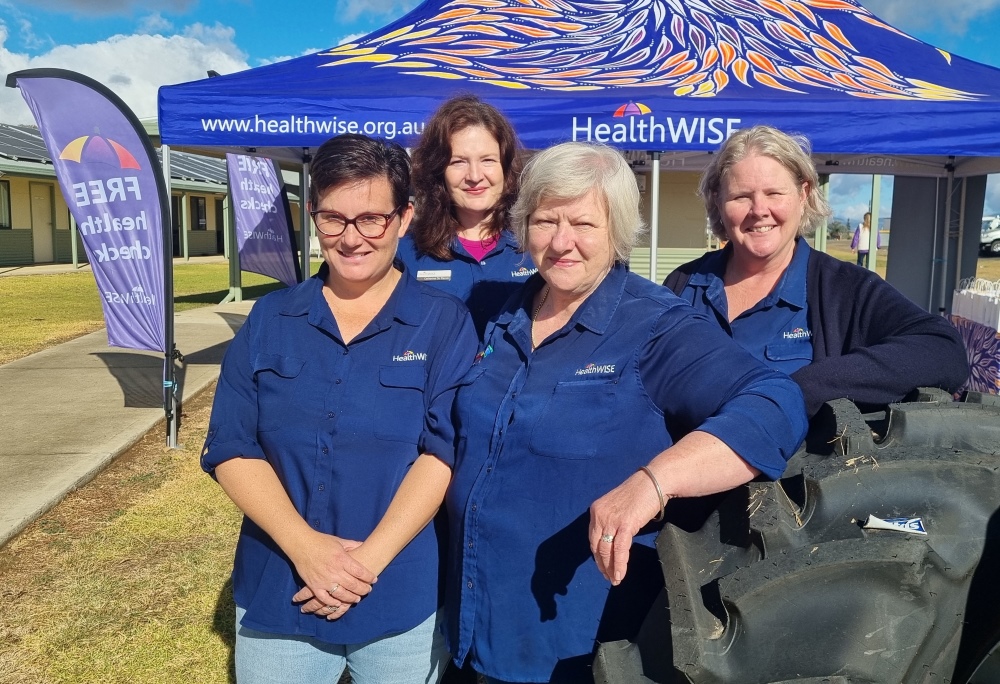
Men�s Health Month featured at the Tamworth Regional Livestock Exchange (TRLX) last Friday with a range of regional health organisations greeting men as they made their way into the weekly sale.
Men were encouraged to think about their habits, identify small changes they can make to benefit their health and wellbeing and get blood pressure, blood glucose and heart rate checks.
Lead by Kate Arndell from the Rural Adversity Mental Health Program (RAMHP) and supported by local workers from HealthWISE, NSW Farmers, and the Farmgate program, the venue was chosen to reach men in a relaxed environment.
Kate said a recent report from the Australian Livestock Markets Association (ALMA) looked at the positive impact of attending saleyards on men�s mental health and overall wellbeing.
�We know the saleyards are a great social gathering where men can come to do business but also share a joke and chat to others about what�s been happening in their lives,� Kate said.
�For many of them, it might be their one day a week spent off the property – so it�s a great chance for us to speak to them where they feel most comfortable.�
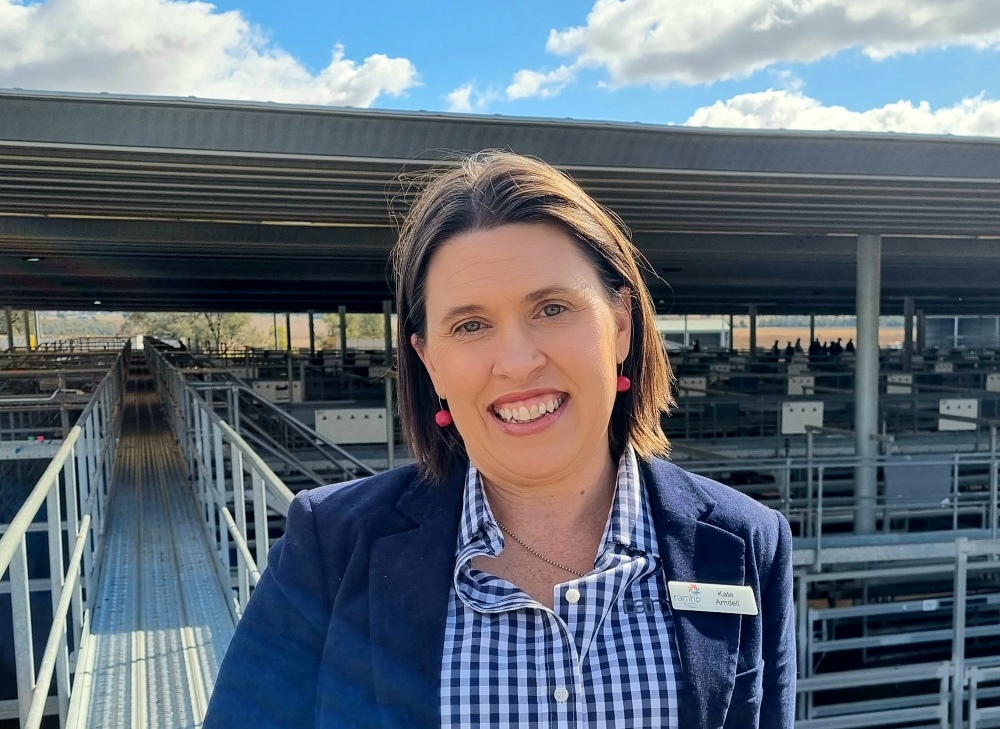
Catherine Spora from the Farmgate Support program joined Kate onsite, to talk to men concerned about their mental health, other stressors or the wellbeing of their friends. NSW Farmers partnered with these organisations, to link those attending the yards with the relevant support services in the community.
The saleyards men�s health dose also won the support of TRLX and the Tamworth Livestock Selling Agents Association.
Men�s Health Week runs from 12 to 18 June as part of Men’s Health Month and aims to encourage men and boys to improve their overall health. Statistics show that men have a lower life expectancy, are more likely to be overweight and experience higher rates of a range of chronic diseases in comparison to women.
Much of the poor health of males in general is preventable and can be modified through simple changes to lifestyle, such as sleep, physical activity, minimising alcohol and staying connected to people through healthy relationships.
Getting HealthWISE for Men�s Health Month
�You�ve got to get to where the blokes are. That�s why we also attend events like cattle sales and field days in larger regional centres,� says HealthWISE team leader Christine Connor
Christine has been a nurse for 40 years and heads up a team of five HealthWISE primary health care nurses that travel to 80 small rural communities in the New England and northwest NSW regions.
Four of the nurses, including Christine, headed to the saleyards to provide blood pressure, heart rate and blood glucose testing, and take-home bowel screening kits.
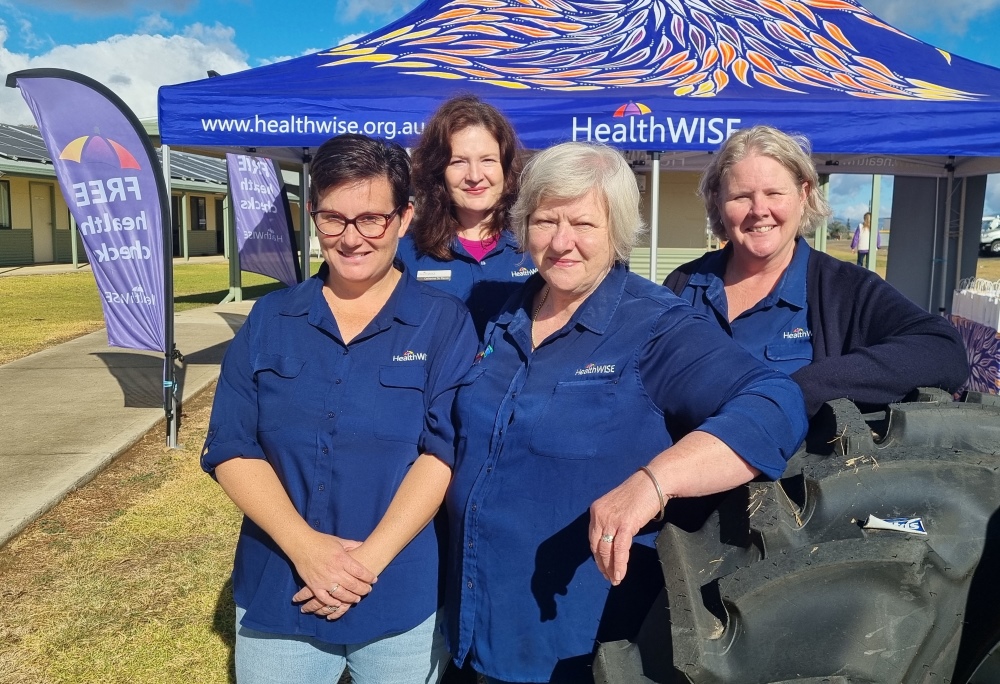
Christine said HealthWISE also host men�s health dinner functions, including a popular annual event at the Warialda showground that has featured guest speakers like Tommy Raudonikis, Mike Whitney and Wendell Sailor.
�We encourage all men to check in on their physical and mental wellbeing at these events, including what we call any potential below the belt concerns,� Christine said.
�I remember one fella we spoke to had not be to a doctor in 25 years.�
�When we have spoken to local doctors after the events we run, they report an uptake in men coming in for appointments picks up by up to a third.�
Initiated in 2015, HealthWISE is funded by the Hunter New England and Central Coast Primary Health Network (HNECCPHN) to deliver allied health, primary health care nurses, mental health, Aboriginal health and Small Town After Hours services.
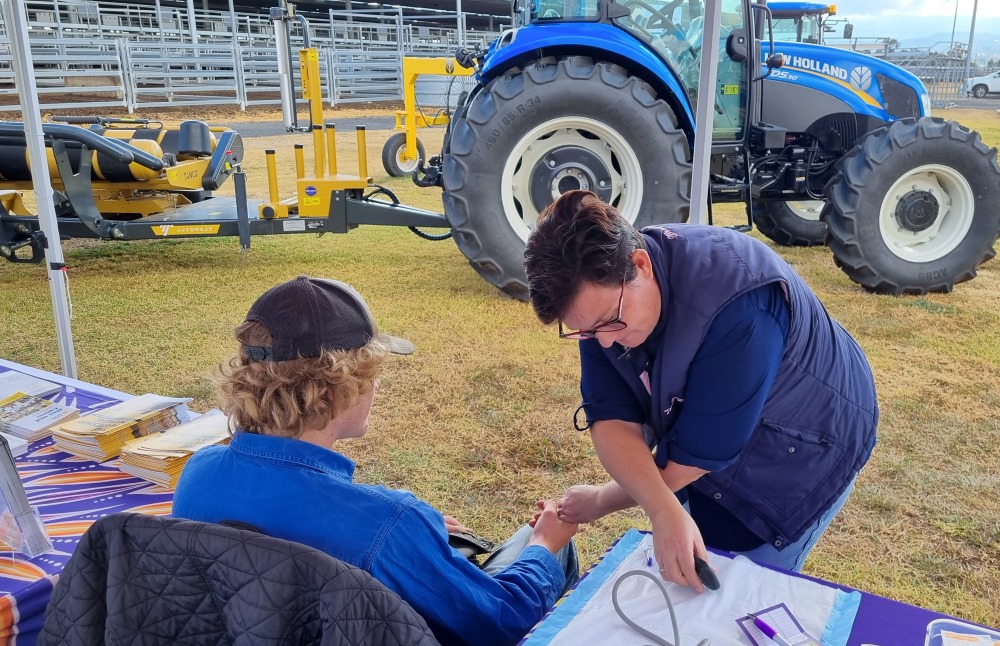
The program expanded during 2019 to include the provision of mental health services in The darling Downs, West Moreton and Goondiwindi regions.
Christine and her team work alongside a number of health organisations to promote the HealthWISE message, including the NSW Cancer Council and RAHMP.
More information about Men�s Health Week can be found via:
www.westernsydney.edu.au/mens-health-week
RAMHP releases My Drought Story
RAMHP has released the My Drought Story project that aimed to give Australians living in regional areas the opportunity to share their experiences of adversity during times of drought.
The project called for people to submit photographs and thoughts about how they dealt with the effects of drought. My Drought Story then selected images and stories for inclusion in a hard copy book, which will act as a tangible reminder of the 2017-2019 drought.
You can view the book here. The book has also been distributed to all regional councils and libraries across NSW.
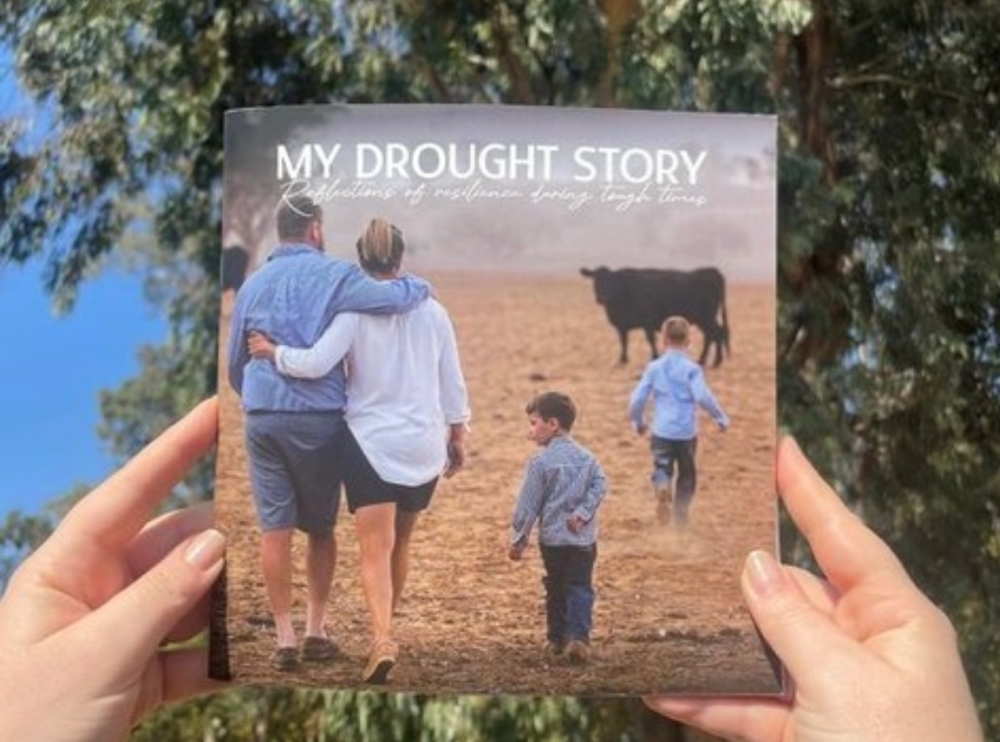
RAMHP Coordinator and project lead, Kate Arndell, said the images and stories allow farmers to reflect and build hope, resilience, courage and preparedness for the next time adversity arrives.
“The 2017-19 drought was so historical but because it was followed by bushfires, COVID-19, mouse plagues and floods, many of us didn�t get the opportunity to properly reflect on the effect drought had on us before we were on to the next adverse event,� Kate said.


